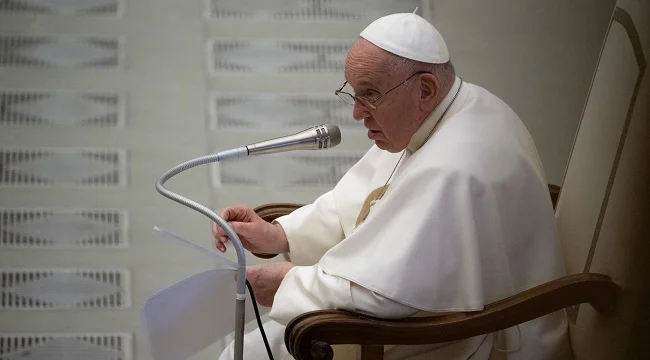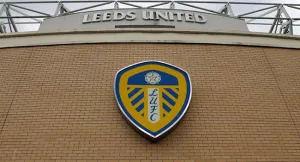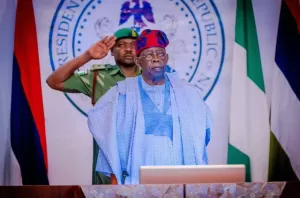Pope Francis Passes Away at 88 Following Stroke, Vatican Confirms

VATICAN CITY – Pope Francis, the 266th pope of the Roman Catholic Church, died on April 21, 2025, at the age of 88, the Vatican announced. The pontiff succumbed to a cerebral stroke that led to a coma and irreversible heart failure, as confirmed by Vatican physician Dr. Andrea Arcangeli in the official death certificate. His passing marks the end of a historic 12-year papacy defined by humility, compassion, and a steadfast commitment to social justice and interfaith dialogue.
According to the Vatican’s statement, Pope Francis passed away at 7:35 a.m. in his modest residence at Casa Santa Marta, where he had lived throughout his papacy, eschewing the traditional papal apartments. The death certificate detailed that the stroke was compounded by the pontiff’s pre-existing health conditions, including a recent episode of acute respiratory failure due to bilateral pneumonia, multiple bronchiectasis, arterial hypertension, and type 2 diabetes. These ailments had increasingly limited his mobility and public engagements in recent years, though he remained active in his duties until his final days.
Pope Francis’ last public appearance was on Easter Sunday, April 20, 2025, when he delivered a blessing to thousands of faithful gathered in St. Peter’s Square. Observers noted that he appeared frail but determined, offering a message of hope and peace despite his visibly weakened state. “His final words to the world were a call for unity and care for the marginalized,” said Cardinal Pietro Parolin, the Vatican’s Secretary of State, in a press conference following the announcement of the pope’s death.
Born Jorge Mario Bergoglio on December 17, 1936, in Buenos Aires, Argentina, Pope Francis was the first Jesuit pope and the first from the Americas. Elected on March 13, 2013, following the resignation of Pope Benedict XVI, he took the name Francis in honor of St. Francis of Assisi, reflecting his commitment to simplicity, poverty, and care for creation. His papacy was marked by efforts to reform the Church, address global issues such as climate change and migration, and foster dialogue with other religions. His encyclicals, including Laudato Si’ (2015) on environmental stewardship and Fratelli Tutti (2020) on social fraternity, earned him widespread admiration as a moral voice in a divided world.
However, his tenure was not without controversy. Critics within the Church accused him of being overly progressive, particularly on issues such as divorce, same-sex unions, and the role of women in the clergy. His calls for a “synodal” Church—one that listens and adapts to the needs of its people—sparked debates about the balance between tradition and reform. Despite these challenges, Francis remained a beloved figure, known for his personal warmth, accessibility, and rejection of pomp in favor of a pastoral approach.
The Vatican has declared a period of mourning, with St. Peter’s Basilica open for the public to pay their respects. The traditional Sede Vacante period, during which the papacy is vacant, has begun, and preparations are underway for the conclave to elect a new pope. Cardinals from around the world are expected to gather in the Sistine Chapel within the next 15 to 20 days to select Francis’ successor, in accordance with Church protocol.
World leaders and religious figures have expressed their condolences. U.S. President Joseph Biden called Pope Francis “a tireless advocate for the poor and a bridge between nations.” The Dalai Lama praised his efforts to promote interreligious harmony, stating, “His legacy of compassion will endure.” Meanwhile, millions of Catholics and non-Catholics alike have taken to social media to share memories of the pope’s gestures of kindness, such as washing the feet of prisoners and embracing refugees.
As the Church and the world mourn, Pope Francis’ life and teachings continue to resonate. His emphasis on mercy, inclusion, and care for “our common home” leaves an indelible mark on the Catholic Church and beyond. The Vatican has urged the faithful to pray for the repose of his soul and for guidance in the days ahead as the Church navigates this moment of transition.
Sources: Vatican News, Reuters, Associated Press, and posts on X.






